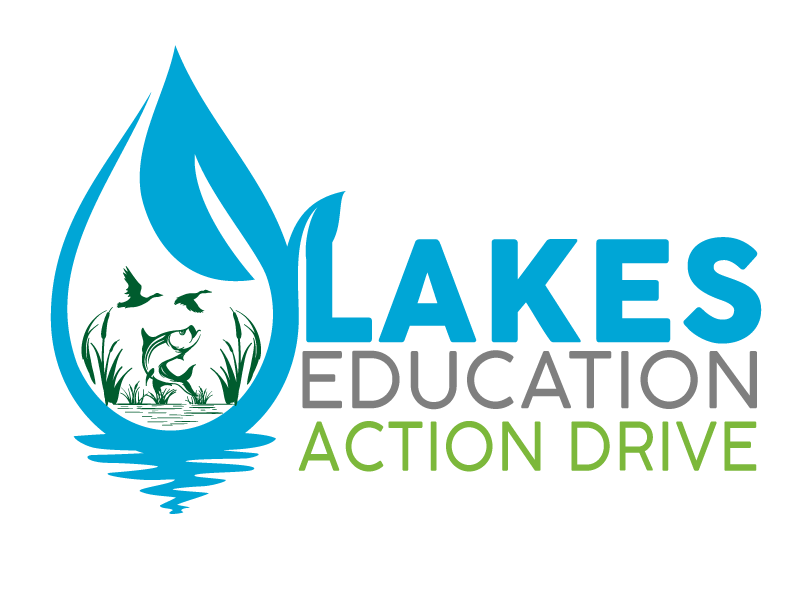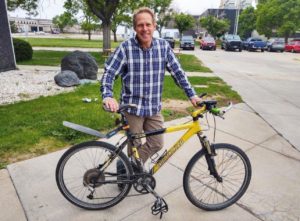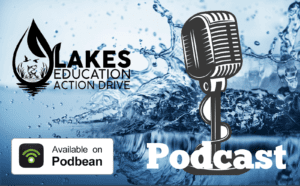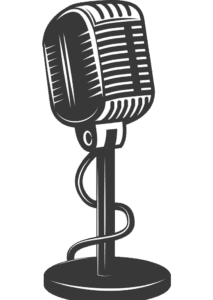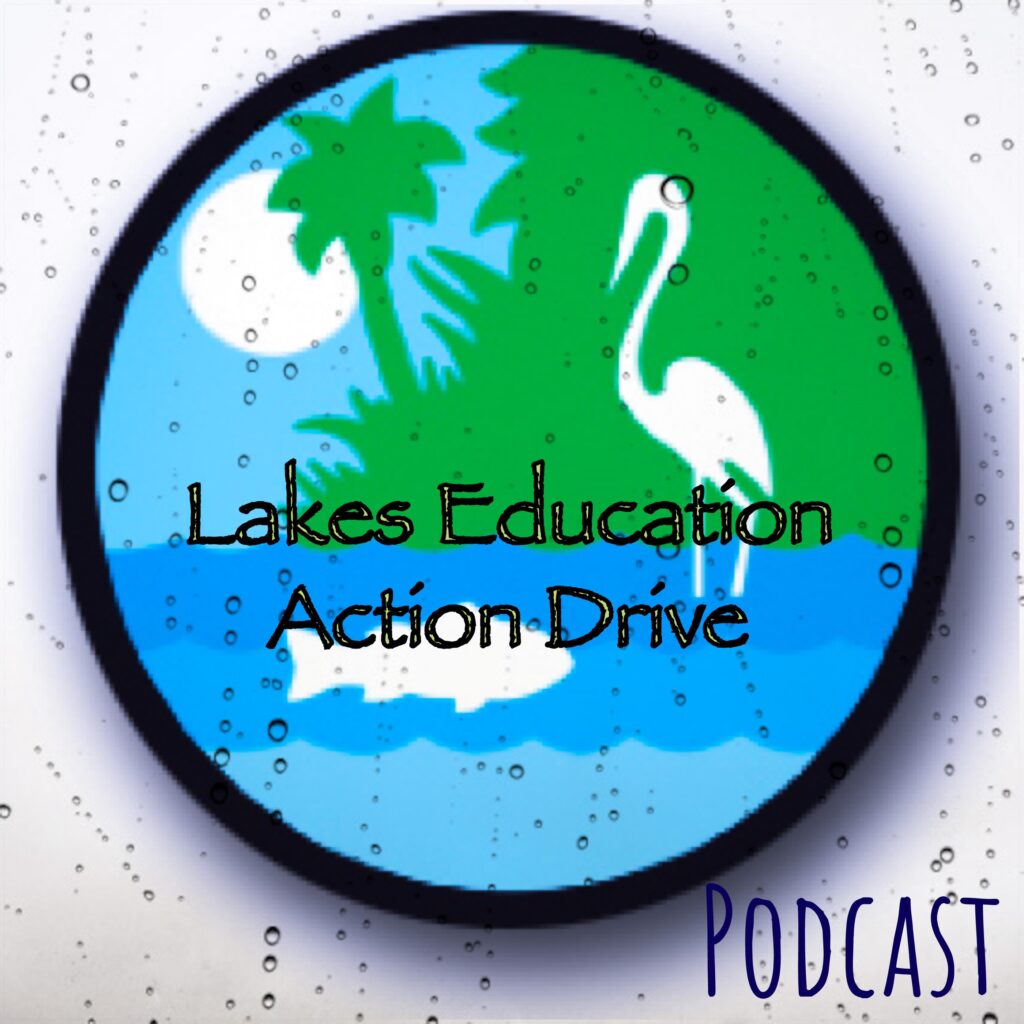Re-Blogged from the University of Florida
Whether you get your water from a public utility, a well or recycled water, the source will influence how much water you save, a new University of Florida study shows. Turns out, city water users tend to engage in more conservation practices than those who get their water elsewhere.
Just as important as who conserves water and why, researchers hope their findings give consumers more of a chance to reflect on how and why they save water.
Scholars have studied water conservation from many angles, but in this study, UF/IFAS researchers start to connect the dots between our sources(s) of water and how much we conserve it.
UF/IFAS researchers surveyed 3,310 Floridians though an online poll. Participants revealed whether they used city/public water, well water or reclaimed water. Reclaimed water is treated at wastewater facilities before residents use it to irrigate their landscapes.
Here are some findings:
- Well water users are less likely to use recycled water, use a rain sensor, calibrate their sprinklers or use smart-irrigation controls.
- Reclaimed water users are more likely to use recycled water and use a rain sensor. They’re also less likely to retrofit their landscape so they only irrigate some of it.
- City water users feel the strongest personal and social obligation to conserve water.
“Our findings may provide a chance for people to critically reflect on water use and seek out more information,” said Laura Warner, a UF/IFAS associate professor of agricultural education and communication and a co-author of the paper. “Households might take the opportunity to explore conservation strategies that best fit their water source or learn about the unique characteristics of each.”
These findings are critical as scientists and policy makers consider how to preserve water as the population of Florida and the rest of the United States grows.
Florida’s more than 20 million people use about 1,680 million gallons of water per day. So, it’s imperative that Floridians conserve the precious commodity, Warner said.
More than half of every household’s water goes toward irrigation. That’s 9 billion gallons of water per day to keep up lawns and landscapes nationally, according to the U.S. Environmental Protection Agency.
“Water conservation behaviors could be influenced by perceived availability, perceived consequences of groundwater depletion and perceived value of the water,” Warner said. “These actions are informed by whether the water was intended for other uses, such as drinking and whether the household pays a fee for the water and so forth.”
For example, they might ask themselves:
- How does city water get to my home?
- How does recycled water affect water availability?
- Are there nutrients in my recycled water?
- Where does my well water come from?
Warner focuses her research and Extension work on helping Floridians adopt the most appropriate and impactful conservation strategies to benefit natural resources and households. She also helps identify strategies to better understand individuals’ perceptions and educational needs related to water.
“We suspected people had different perceptions of water use that would be associated with each water source,” Warner said. “This new evidence could help us understand those needs, including different advantages and disadvantages, along with different consequences of groundwater depletion.”
For the study, Warner worked with Lisa Krimsky, a regional specialized agent for UF/IFAS Extension who’s based in Fort Pierce and Anil Kumar Chaudhary, an assistant professor of agricultural and Extension education at Penn State University.
Chaudhary started helping with this research while a doctoral student majoring in agricultural education and communication at the UF/IFAS College of Agricultural and Life Sciences. He finished his collaboration with Warner after graduating and taking his faculty position at Penn State.
-30-
by Brad Buck
Posted: August 27, 2020
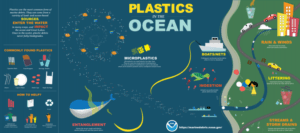 marine debris, especially the problem of plastic pollution. Plastics are the most common form of marine debris.
marine debris, especially the problem of plastic pollution. Plastics are the most common form of marine debris.